Beaches are among the most beautiful and essential ecosystems on Earth. These sandy stretches of coastline, where land meets sea, are not just popular vacation destinations but also critical habitats that offer a myriad of benefits to humans and animals alike. From supporting biodiversity to promoting mental and physical well-being, beaches play a pivotal role in the lives of countless species, including humans.



Beaches as Vital Ecosystems for Animals
Beaches serve as essential habitats for numerous animal species, both on land and in the water.
Breeding Grounds: For many marine species, beaches are vital for reproduction. Sea turtles, for example, rely on sandy shores to lay their eggs, ensuring the survival of their species. Birds such as plovers and sandpipers also nest on beaches, taking advantage of the open environment.
Marine Life: The intertidal zones of beaches are teeming with life, from crabs and mollusks to tiny microorganisms that form the base of the marine food chain.
Migratory Stopovers: Beaches serve as critical stopover points for migratory birds, providing food and rest during their long journeys.
Protection of Coastal Ecosystems: Beaches act as buffers, protecting sensitive coastal ecosystems like mangroves, coral reefs, and estuaries from storm surges and erosion.
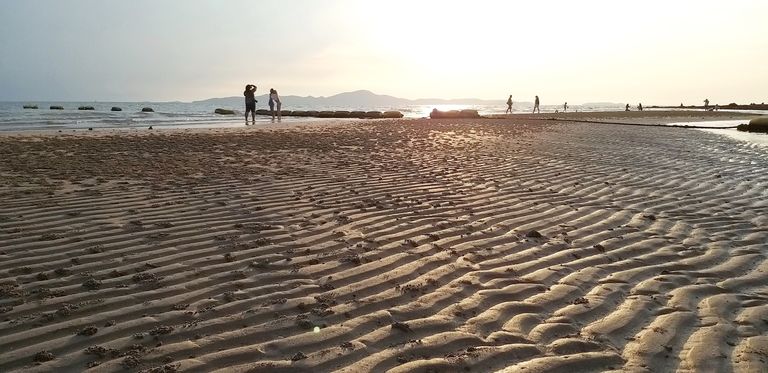


Benefits of Beaches to Humans
Beaches have long been intertwined with human life, offering physical, mental, and economic benefits.
A. Physical Health
Recreational Activities: Beaches provide opportunities for swimming, surfing, jogging, and yoga, all of which promote cardiovascular health, muscle strength, and flexibility.
Vitamin D: Sun exposure at the beach helps the body produce vitamin D, which is essential for strong bones, immune function, and overall well-being.
B. Mental Health
Stress Relief: The soothing sound of waves, the gentle touch of sand, and the vastness of the sea create a calming effect, reducing stress and anxiety.
Boosted Mood: Spending time at the beach has been linked to increased serotonin levels, the body’s natural “feel-good” chemical, promoting happiness and relaxation.
C. Economic and Social Benefits
Tourism: Beaches are major tourist attractions, driving local and global economies. From hotels and restaurants to water sports businesses, countless livelihoods depend on the allure of beaches.
Cultural Significance: Beaches are often centers of cultural activities, celebrations, and traditions, fostering a sense of community.

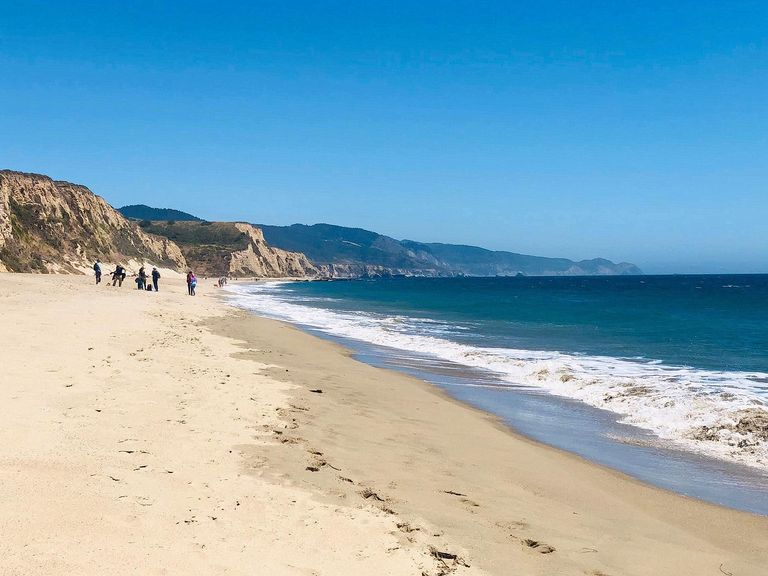
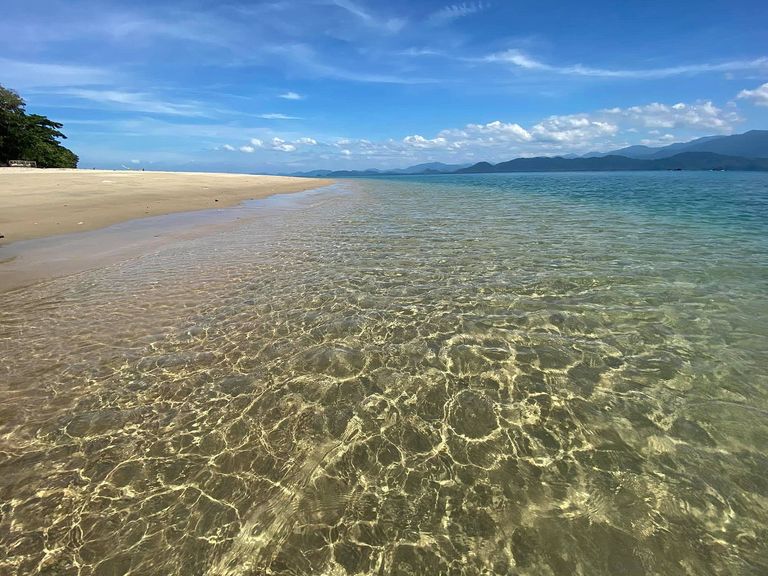

Beaches as Natural Protectors
Beaches act as natural barriers, protecting coastal areas from erosion, flooding, and storm surges.
Erosion Prevention: The presence of sand dunes and vegetation on beaches helps stabilize coastlines and prevents the loss of land to the sea.
Wave Energy Dissipation: Beaches absorb the energy of incoming waves, reducing the impact on inland areas during storms and hurricanes.

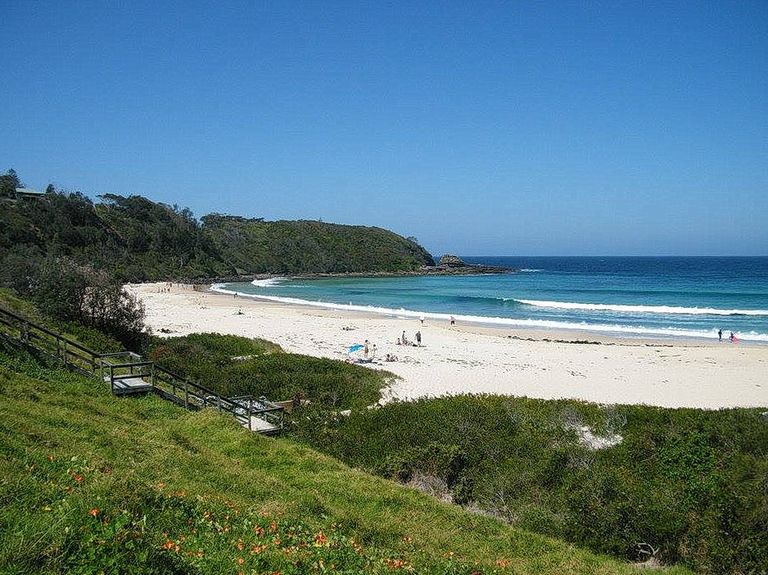
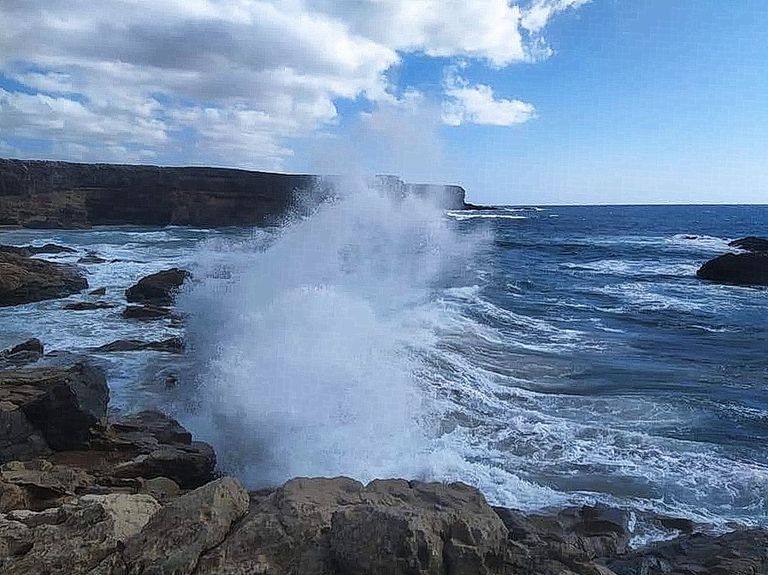

Environmental Challenges and the Need for Preservation
Despite their importance, beaches face numerous threats, including pollution, overdevelopment, and climate change.
Plastic Pollution: Beaches worldwide are littered with plastic waste, which harms wildlife and disrupts ecosystems.
Rising Sea Levels: Climate change has led to rising sea levels, causing beach erosion and threatening coastal habitats.
Over-tourism: Excessive human activity can damage delicate ecosystems and deplete natural resources.
Efforts to preserve and protect beaches are essential for maintaining their ecological and social benefits. Sustainable tourism, waste management, and coastal conservation programs can all play a role in ensuring that beaches remain pristine and functional.
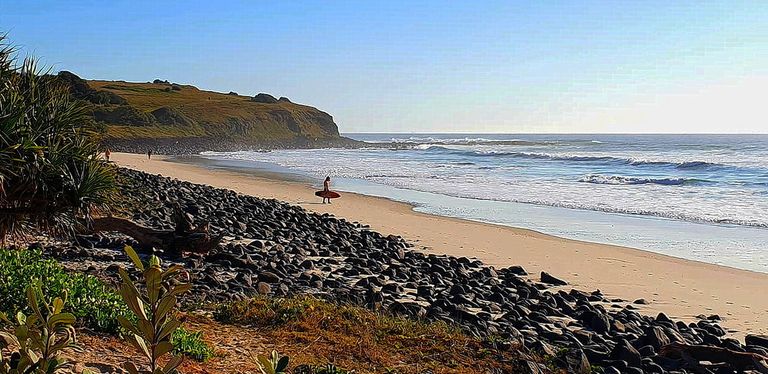



Beaches as Inspirational Spaces
Beyond their ecological and practical roles, beaches hold immense aesthetic and inspirational value. Artists, writers, and thinkers have long been inspired by the serene beauty of beaches, using them as settings for creativity and introspection. The endless horizon, shifting tides, and golden sands serve as reminders of the Earth’s timeless beauty and power.



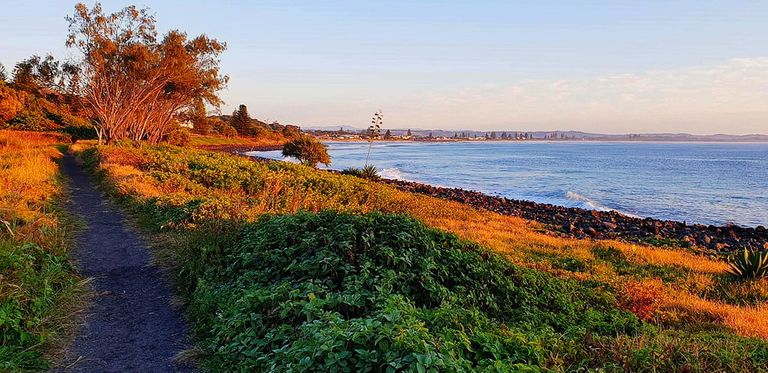
Conclusion
Beaches are not just stretches of sand—they are life-sustaining ecosystems that provide essential benefits to humans and animals. From their role in biodiversity conservation to their impact on human well-being, beaches are invaluable treasures that deserve our utmost respect and care. As we continue to enjoy their beauty and resources, it is our responsibility to protect and preserve them for future generations of both humans and animals. By safeguarding beaches, we safeguard a vital part of our planet’s health and harmony.



Congratulations, your post has been upvoted by @dsc-r2cornell, which is the curating account for @R2cornell's Discord Community.
Enhorabuena, su "post" ha sido "up-voted" por @dsc-r2cornell, que es la "cuenta curating" de la Comunidad de la Discordia de @R2cornell.